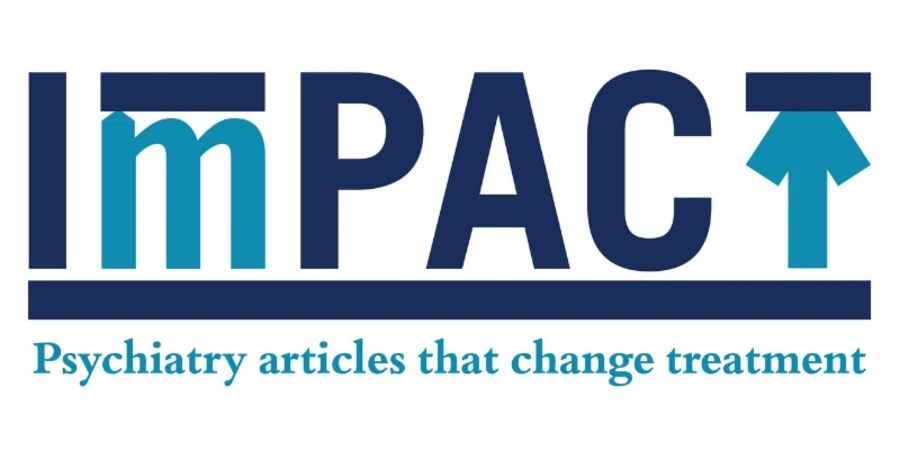
It’s estimated that more than eight million people die prematurely from tobacco use each year. While just over half of adult smokers attempt to quit each year, only eight percent successfully stop smoking for six months or more.
Varenicline is a medication that is frequently used to help people who are attempting to quit smoking. While varenicline is one of the most effective medications for this purpose, it can cause abnormal dreams. These dreams are vivid and sometimes violent in nature, disrupting sleep, adding to the stress of quitting, and making success less likely.
Dr. Meghan Chenoweth and her team have identified a gene that influenc es the likelihood that a person taking varenicline will experience abnormal dreams. We spoke to Dr. Chenoweth about her discovery and how it opens the door to personalized treatments for smokers who are trying to quit.
es the likelihood that a person taking varenicline will experience abnormal dreams. We spoke to Dr. Chenoweth about her discovery and how it opens the door to personalized treatments for smokers who are trying to quit.
Why do smoking cessation treatments such as varenicline produce abnormal dreams? What factors influence who experiences abnormal dreams when taking varenicline?
MC: Abnormal dreams resulting from the use of medications, such as varenicline, are thought to be due to changes in the chemicals found in the brain known as neurotransmitters . The factors that predispose a person to developing abnormal dreams on varenicline are not well understood, but our study shows that genetics may contribute.
What motivated this research?
MC: Cigarette smoking remains a leading cause of illness and death, in part because long-term quit rates are quite low. Even with varenicline, the most effective smoking cessation aid, long-term quit rates are only about 25%. We study how patient factors, including their genetic make-up, influence the response to medications. Since we know that genetics play a big part in smoking, including the ability to quit, we decided to study whether genetics could also influence a person’s likelihood of developing abnormal dreams, a common side effect experienced by at least 10% of varenicline users. When people experience side effects, they sometimes stop taking their smoking cessation medications which can reduce their ability to quit smoking.
What was the most important finding of this study, in your opinion?
MC: We scanned the entire genomes, or genetic make-up, of people receiving varenicline treatment to find genes associated with abnormal dreams. We identified a specific variant in a gene called ICAM5 that was associated with a higher risk of experiencing abnormal dreams when taking varenicline. Not only was this variant associated with abnormal dreams, but it was also associated with a higher likelihood of quitting smoking. The ICAM5 gene makes a protein that helps nerve cells, also known as neurons, communicate with each other. Interestingly, we didn’t see any relationship between this gene and abnormal dreams in people being treated with nicotine patches, suggesting this genetic effect of ICAM5 is selective to varenicline treatment.
How does this change treatment in the future?
MC: If our findings are replicated by additional studies, we might be able to pre-emptively examine the genetics of people who are trying to quit smoking and use this information to select the treatment that will give them the best chance of success. For people with the variant in the ICAM5 gene, we could tell them that although they are more likely to experience abnormal dreams if they take varenicline, they may have a higher chance of quitting on this treatment compared to people without this variant.
Any next steps?
MC: Our next goals are to identify and understand the mechanism underlying the association between the ICAM5 gene and abnormal dreams on varenicline, and to see whether our findings are replicated in additional clinical trials.
What is the major take home message for the public?
MC: Abnormal dreams are a common side effect of varenicline treatment, and the likelihood of a patient experiencing abnormal dreams while taking this medication to quit smoking depends on their genetic make-up. By examining the genetics of patients, we can determine the likelihood they will experience abnormal dreams from varenicline and plan an approach to their treatment that will increase the likelihood that they will be able to successfully quit smoking.

Read this month's ImPACT paper
Chenoweth, M.J., Kim, Y.J., Nollen, N.L., Hawk, L.W., Jr, Mahoney, M.C., Lerman, C., Knight, J. and Tyndale, R.F. (2024), Genetic Prediction of Smoking Cessation Medication Side Effects: A Genome-Wide Investigation of Abnormal Dreams on Varenicline. Clin Pharmacol Ther, 115: 1277-1281. https://doi.org/10.1002/cpt.3210
